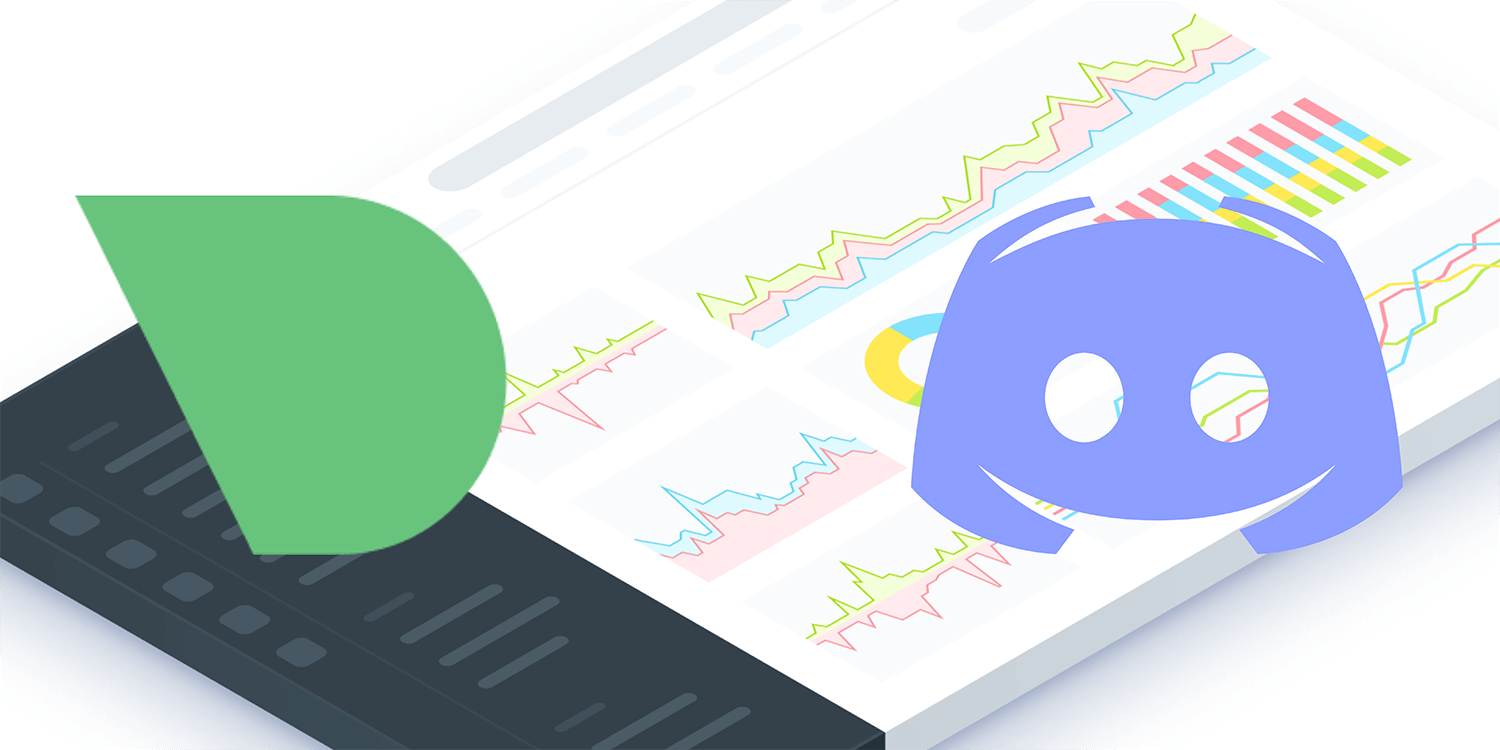It’s been a long time since our last community update, rest assured that we have been hard at work here at Netdata.
Community building is hard, especially when you have such a venerable community like the one here at Netdata, where hundreds of contributors have contributed to creating one of the best monitoring solutions that exist.
Last year we started to concentrate working on consolidating the community by integrating the various platforms where people come together to talk about Netdata. In that effort, we restarted our community forums in November, reworking the categories and creating a support channel, where community members help each other.
Now, having a robust community in our forums, we are ready to conclude the foundation of the Netdata community. A bedrock for the years to come, where people can come together to talk about monitoring their systems in an easy, accessible manner for all.
Netdata + Discord = ❤️
A technical, online community is the tribe of the 21st community, and that’s a good thing. The internet has had a pervasive impact on our lives, creating a new parallel online world, where geographic distance bears little importance. In these communities, it is very much possible that you have more in common with your online friend that you meet every day in a forum, than your neighbor.In other words, geographic proximity no longer equates to cultural proximity. The rules have changed and COVID-19 accelerated the pace. In this time and age, people are increasingly turning the focus online to cover one of the most basic of human needs. Socialization.
As Aristotle said “Man is by nature a social animal; an individual who is unsocial naturally and not accidentally is either beneath our notice or more than human. Society is something that precedes the individual”.
But what if online communities are the societies of the 21st century? Societies where people freely elect to participate in, improve, and care for one another.
To that regard, we know that a forum has been lacking. It’s a platform better suited for long-form, thoughtful conversations, not a conversation. It’s a place to debate ideas on their merits, but not the best platform to create a small online society.
We didn’t have the vibrant community that forms in a chat room. That feeling of truly belonging somewhere, where conversations “just happen” and you can jump in and out whenever you want. The reason I didn’t want to create “yet another platform” was that the community was too fragmented into various platforms. The first order of business was to rally the community to a central “town square”.
Admittedly, I undervalued the importance of a chat platform. The importance of conversations. The importance of instant communication amongst open source contributors. Initially, I emphasized mainly the forum’s searchability. The ability for users to easily find past threads, follow the discussion, and “self-serve” the answer to their problem.
A forum can’t be beaten to it.
And still, something was missing. Thus, we have a surprise for you.
We are ready to kickstart our brand new community platform on Discord!
Discord or Discourse?
To be honest, this has been a question that troubled me for a long time. It’s tricky to balance multiple platforms, as I mentioned above. In the end, it’s all about aligning the platform’s goals with the user’s.To do that, we need to have clear goals for every platform. What does winning look like ?
A very prominent paradigm is to use the community forum for information that you want to be 1). indexed 2). long-form . Naturally, governance of open source projects and Requests for Comments (RFCs) fall to that category, with new projects replacing the email lists with simple Discourse Forums.
With that in mind, I decided that the only “kind” of information that we really want in a public forum are support questions. That is because we are building a knowledge base as we accrue indexed information. That knowledge base enables users to self-serve, liberating support load, and improving experience for all users.
Given that reality, it would be a very poor experience to have a forum only for support.
Thus, I concluded that our community forums would serve as an alternative to the Discord chat.
Both platforms will accommodate, more or less, the same discussions (except for Support that will be only in the forums). This design enables us to offer the same “experience” to different users, as there are those who are not used to using Discord and perhaps would not want to use yet-another-platform. A forum, for them, is far more enticing, as it’s a website that they can open and close at-will. Moreover, truth-be-told, it’s a calmer experience. Less noise, more information.
At the same time, Discord will be the go-to-place for time-sensitive information. Let me explain.
Monitoring a complex system is indeed a daunting task, especially when it comes with hundreds or thousands of different metrics. For that reason, most of the vanilla Netdata charts come with descriptions and tips. We firmly believe that you shouldn’t necessarily know every single metric from the heart.
And yet, it may very well be the case that a certain incident might challenge you with an unknown alert or chart.
This is where Discord comes in. We have created channels specifically for this reason. Channels where you can come in and ask about a certain chart or alert. What does it mean? Should you be alerted? Is it a false positive ?
The purpose of these new channels are to offer bite-sized information, quickly.
We hope to see the community rally around this new paradigm, with both netdata engineers and community members helping others in need.
In conclusion, we are excited that the community is finally coming together, having in its arsenal the full toolkit that it needs to succeed.

